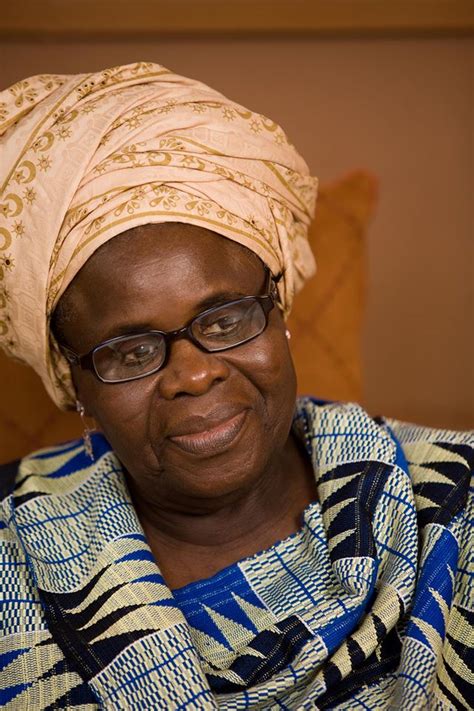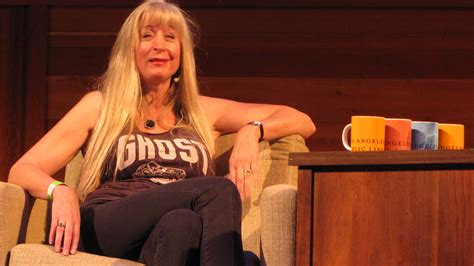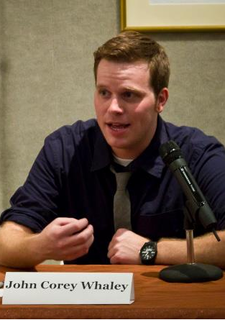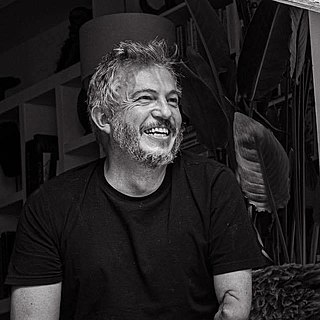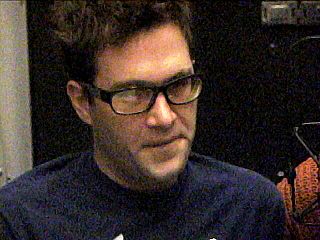A Quote by Siddhartha Mukherjee
I began wondering, can one really write a biography of an illness? But I found myself thinking of cancer as this character that has lived for 4,000 years, and I wanted to know what was its birth, what is its mind, its personality, its psyche?
Related Quotes
I had a checklist in my mind of the things that make a biography practical. Is the source material centralized? Is it easy to find? Are there new primary sources that no one has ever had access to? Are all the sources in English? If they're not, are they in a language that you speak? And I realized that not only is Armstrong the most important figure of Jazz in the 20th Century, but he's a perfect subject for a biography for all of these reasons. I had always loved his music and I had been fascinated in him as a personality. And that's really the key to writing a biography.
A few years ago, they [Neandertals] were thought to be ancestral to anatomically modern humans, but now we know that modern humans appeared at least 100,000 years ago, much before the disappearance of the Neandertals. Moreover, in caves in the Middle East, fossils of modern humans have been found dated 120,000-100,000 years ago, as well as Neandertals dated at 60,000 and 70,000 years ago, followed again by modern humans dated at 40,000 years ago. It is unclear whether the two forms repeatedly replaced one another by migration from other regions, or whether they coexisted in some areas
Even thinking back to the age of ten, I found myself more interested in sex than the other children I knew. When I saw one dog jump on top of another dog, I wanted to watch. I found it exciting; I found it stimulating. I was really curious about nudity. I was really curious about breasts. I was really curious about what was under the clothes. I'd go into the hamper and look at my mother's underwear, her conical bras.

